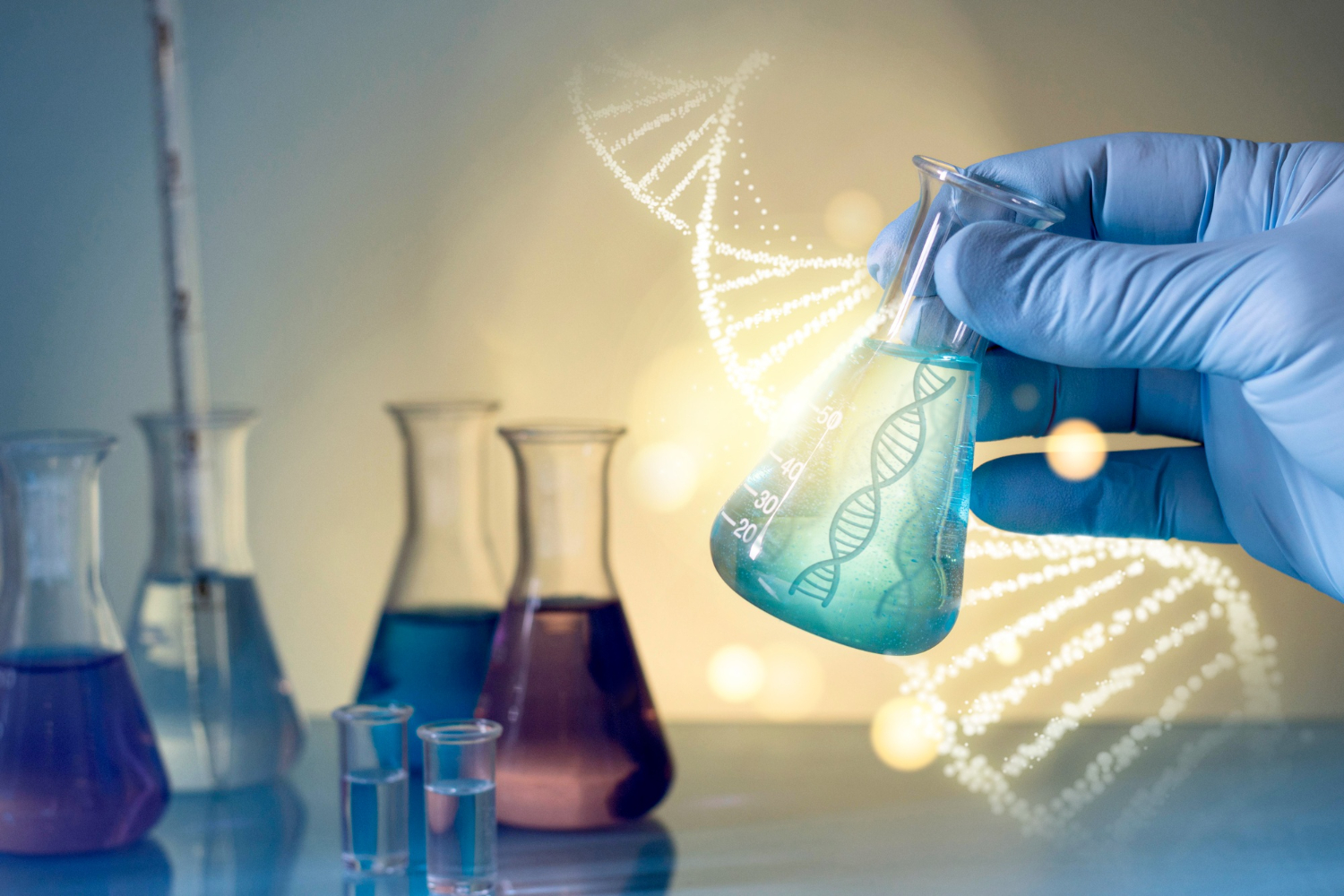A large number of the processes we come across every day are driven by chemical reactions. From the fuel combustion in automobile engines to the biological processes inside our bodies, they influence the environment we live in. This extensive manual will cover the principles of chemical reactions, many types of reactions, the significance of balancing chemical equations, and the practical applications of these reactions.
Principles of Chemical Reactions:
A chemical reaction is fundamentally a process that includes changing one material into another. Chemical bonds are broken and made during this transition. The conservation of mass, a concept introduced by Antoine Lavoisier, is the fundamental idea guiding all chemical reactions. It asserts that in a closed system, the total mass of the components prior to a chemical reaction is equivalent to the total mass following the reaction. In other words, during a chemical reaction, matter is only reorganized; neither generated nor destroyed.
Knowing the following fundamental ideas is necessary to comprehend chemical reactions:
- Chemical Equations: Chemical equations are frequently used to represent chemical reactions. The reactants, products, and circumstances of a reaction can be easily and symbolically described using these equations. For instance, the reaction CH4 + 2O2 -> CO2 + 2H2O is used to depict the burning of methane (CH4) in the presence of oxygen (O2).
- Reaction Mechanisms: A chemical reaction’s precise series of events is known as its reaction mechanism. Understanding how reactants are changed into products at the molecular level is possible through understanding reaction processes.
- Stoichiometry: In a chemical process, the quantitative correlations between the reactants and products are the subject of stoichiometry, a field of science. It aids in establishing the ratios of components needed and produced in a specific process.
Combustion Reactions: A substance (typically a hydrocarbon) combines with oxygen in a combustion reaction to produce heat and light. The most well-known instance is when gasoline is burned in an automobile engine, where the hydrocarbons in the fuel react with oxygen to produce energy.
Acid-Base interactions: Protons (H+) are transferred between substances during acid-base interactions. Our daily lives depend on these responses, from using antacids to neutralize stomach acid to how soil acidity and alkalinity effect plant development.
Chemical Reaction Types
Based on the changes they cause in the substances they interact with, chemical reactions can be divided into different categories. Let’s examine a few typical categories:
Redox Reactions: In redox (reduction-oxidation) reactions, electrons are moved from one material to another. Batteries and the electron transport chain in cellular respiration are only two examples of how important they are in the creation and storage of energy.
Precipitation Reactions: In a precipitation reaction, two aqueous solutions combine to create an insoluble solid (a precipitate) and a solution. Unwanted ions are frequently eliminated using this method in wastewater treatment.
Double displacement reactions: In a double displacement reaction, the positive and negative ions of two compounds alternate positions. In order to create various compounds and medications, these reactions are used.
Decomposition Reactions: Decomposition reactions entail the disintegration of one component into two or more simpler ones. The decomposition of organic materials is one example of a natural process where they are readily apparent.
Chemical Reactions’ Use in Everyday Life
Chemical reactions are useful in a wide range of aspects of our lives. Let’s look at some of these uses:
Production of Energy
Engines and generators are powered by combustion reactions, which also produce electricity and heat.
Pharmacy products:
The process of creating drugs must involve chemical reactions. To create medicines that are both safe and effective, complicated chemical reactions are used in pharmaceutical development.
The Chemistry of Food:
Creating excellent dishes requires a thorough understanding of chemical processes in the kitchen. For instance, Maillard reactions are what cause food to brown.
Science of Materials:
Chemical processes are used to create and modify substances with desirable qualities in the creation of new materials, from plastics to sophisticated metals.
Environmental Chemistry
Environmental chemistry is the study of chemical processes involved in environmental repair and pollution. For instance, communities’ access to safe drinking water is ensured by the chemistry of water treatment facilities.
In conclusion, understanding chemical processes is essential for understanding our environment. These chemical processes are not restricted to the lab; they permeate every aspect of our daily life, from the energy we use to the food we eat. We get a greater grasp of the science that creates our world by digging into the principles of chemical reactions, identifying the various types, and appreciating their practical value.

